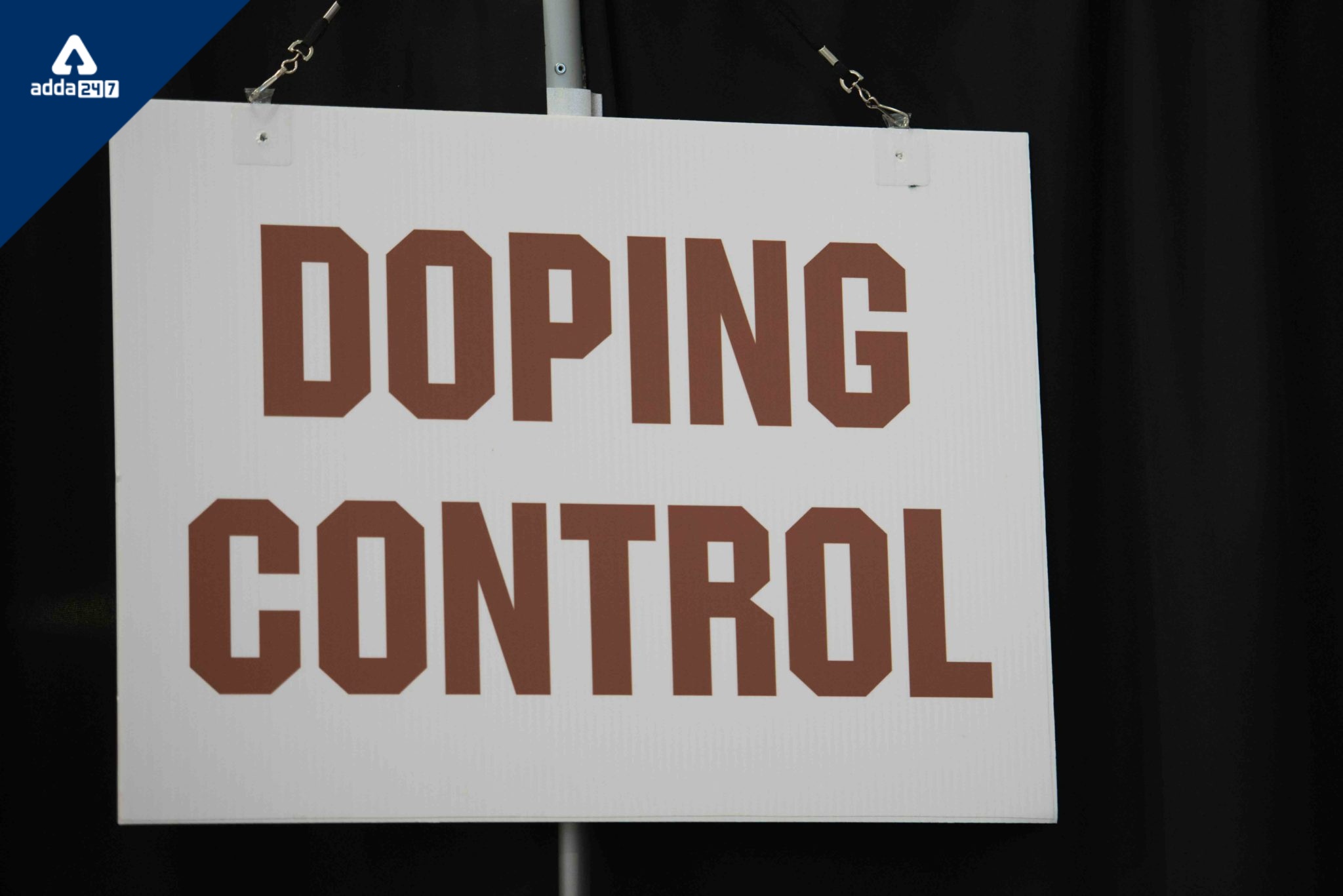What is the Anti-doping bill?
The Anti-doping bill prohibits athletes and other persons related to sports from engaging in doping. The Rajya Sabha passed the bill on 3rd August 2022. If any violation is found against the Anti-doping rules, then it may lead to disqualification of the particular person and they may have to face severe consequences like ineligibility to participate in a competition or event for a particular period. The Anti-doping rules are enforced by the National Anti-Doping Agency (NADA). NADA will be the statutory body for the bill and will be headed by a Directed General appointed by the central government.
Buy Prime Test Series for all Banking, SSC, Insurance & other exams
The bill, however, doesn’t specify any qualification for the Director General of NADA. The bill mentions that the central government has the authority to remove the Director General from office on the grounds of misbehavior or incapacity or other grounds. The bill has also mentioned that the Board has the powers to remove the members of the Disciplinary Panel and Appeal Panel on grounds that will be specified by the regulations and are not specified in the Bill.
Anti-doping Bill: Key Features
The consumption of a prohibited substance by any athletes during sports events to enhance their performance is called Doping. The Anti-Doping bill provides the following key features.
| Key Features | Explanation | Parts |
| Prohibition of Doping | The bill prohibits athletes, athlete personnel, and other related people from engaging in doping in sports. The support personnel includes coaches, managers, team staff, medical personnel, trainer, and others related to or working with the athlete during sports.
|
Following rules must be followed
|
| Consequences of Violations | The consequences of violation of the Anti-Doping rule will be tough for the athletes as it will halt their career for a particular period and it will affect their growth in spots. After a hearing from the National Anti-Doping Disciplinary Panel, the consequences for a violation will be determined. | Consequences
|
| National Anti-Doping Agency | National Anti-Doping Agency which is an established society will implement the Anti-Doping rules. The bill mentions National Anti-Doping Agency as the statutory body, headed by Director General appointed by the central government. | Functions of the agency
|
| Data related to athletes and Doping | The bill allows the National Anti-Doping Agency to collect personal information of the athletes, athlete personnel, and other people. If the athlete violates the Anti-doping rule, the agency has the right to disclose the name of the athlete publicly along with rules violated and consequences imposed. | Personal Data
|
| National Board for Anti-Doping in Sports | The National Board for Anti-Doping in sports will be established to recommend the government in Anti-Doping regulation and compliance with international commitments on Anti-Doping. | – |
| Disciplinary and Appeal Panels | The Disciplinary and Appeal Panel will determine the consequence of the violation of Anti-Doping rules. The panel will be headed by a chairperson, four Vice-chairperson, and ten members. | – |
| National Anti-Doping Appeal Panel | National Anti-Doping Appeal Panel will hear the appeals. | – |
| Doping Test Laboratories | Doping Tests will be determined by the National Dope Testing Laboratory. The central government is going to establish more National Dope Testing Laboratories. | – |
FAQs related to National Anti-Doping Agency
1. What is the National Anti-Doping Bill 2021?
Ans. The government of India has introduced the National Anti-Doping Bill in Rajya Sabha. It allows the National Anti-Doping Agency to conduct raids, investigate and levy sanctions for the violation of Anti-Doping rules.
2. What is the aim of Doping in sports?
Ans. Doping any substance in sports will increase the ability to perform. Doping can increase muscle mass, help in gaining energy, and reduces recovery time.
3. What is the full form of WADA?
Ans. WADA stands for World Anti-Doping Agency, which was set up in 1999, under the International Olympics Committee.




 Harmanpreet Kaur Creates History: Become...
Harmanpreet Kaur Creates History: Become...
 2026 Business Milestone: Amazon Dethrone...
2026 Business Milestone: Amazon Dethrone...
 FCI Signs Landmark MoU with WFP to Suppl...
FCI Signs Landmark MoU with WFP to Suppl...








